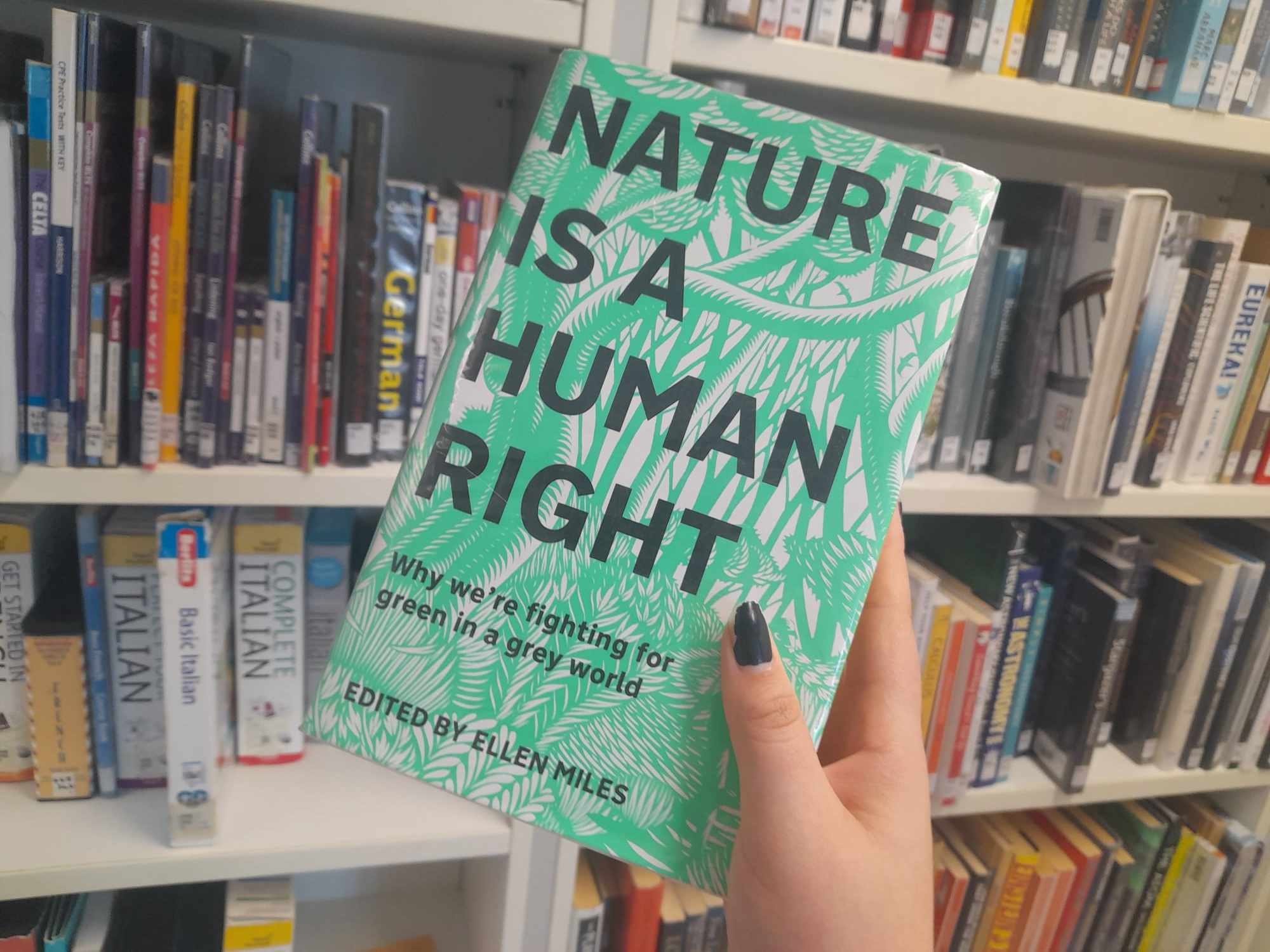Ellen Miles is a London-based activist with “a mission to make nature contact a recognised human right” and she deserves widespread recognition for creating and collating this brilliant book.
Three chapters – Welfare, Injustice, and Change – form the main themes through which a welcome range of diverse individuals share experiences of their relationships with the natural world. Contributors range in vocation from poets, writers and artists to charity workers, gardeners and eco philosophers; and unusually, for an anthology about the degradation and appreciation of nature, those voices come from people who cut across our society’s still entrenched socioeconomic, racial and gendered divides.
They share their perspectives through a combination of poetry, short articles and interviews, which Ellen Miles weaves together, along with her own narrative, to produce a well-crafted manifesto for how beneficial – indeed vital it is that everyone, no matter where they live – has access to natural environments. Each contributor inspires the reader to consider how much better our lives are when we have opportunities to be in nature, and the book is a reminder of how large numbers of people are more and more deprived of such access.
Some of their stories tell of social alienation and the consolation found when being in wilder nature, others describe their involvement in creative nature restoration projects in urban settings. All are told in a language we can understand and relate to. (No scientific jargon or hard to compute statistics!) Every contributor makes an intelligent and impassioned case for why they care deeply about our environment and the natural world. The impact makes for reading that is at times, heart-breaking, but always hopeful.
The book as a whole is a timely clarion call to action which will halt the ever-increasing loss of biodiversity and diminishment of areas of green space. Nature: animal and plant life in all its stunning variety and richness, in other words.
It goes straight to the heart of why it is so important that each of us finds our own way to care about preserving our access to green space; understanding that to value our ‘right’ to the natural world means that we recognise we are an integral part of – not separate from it – and that it’s a world we don’t want to lose.
Check out the website to find out more about the book and the movement: https://www.natureisahumanright.earth
By Maz Hamilton, Sustainability Coordinator
 Sustainability
Sustainability Bethany Climpson
Bethany Climpson 1067
1067


